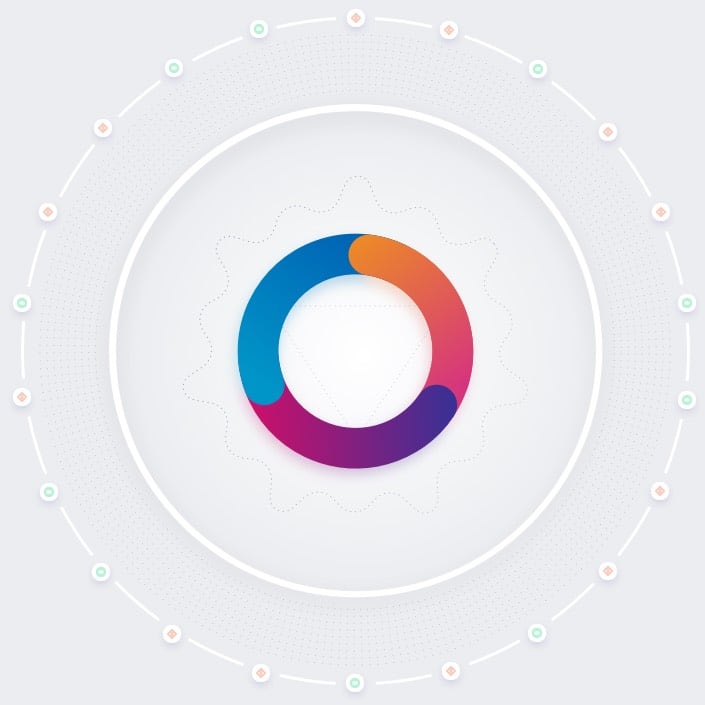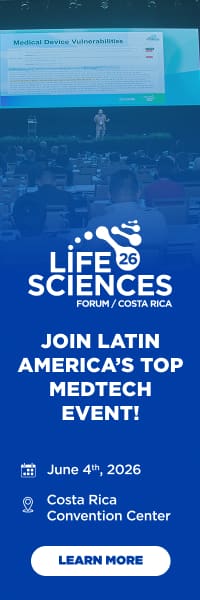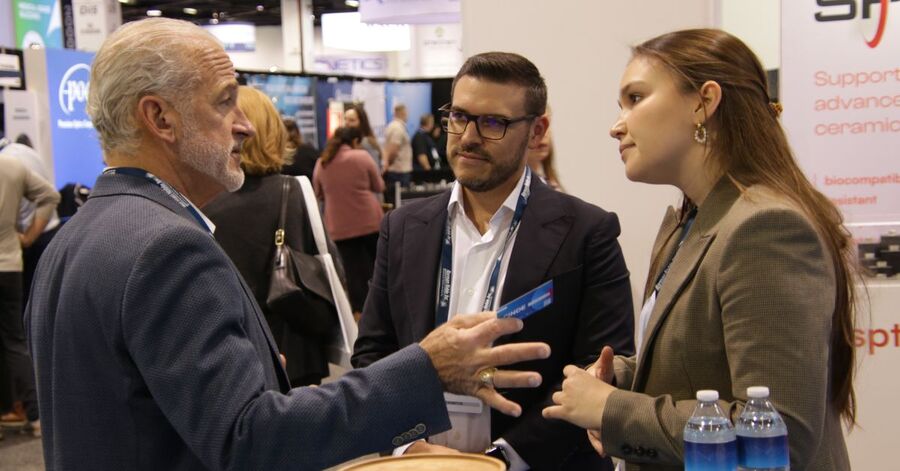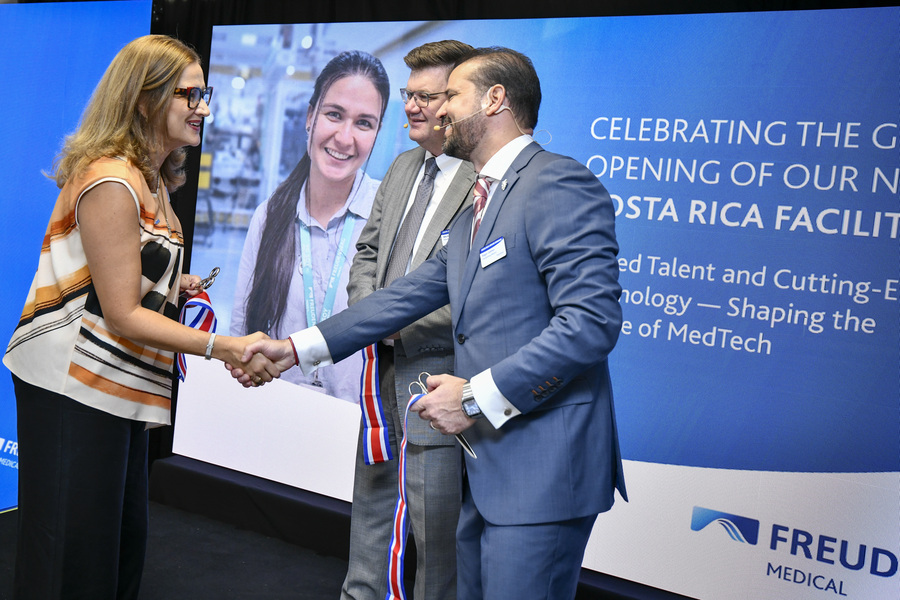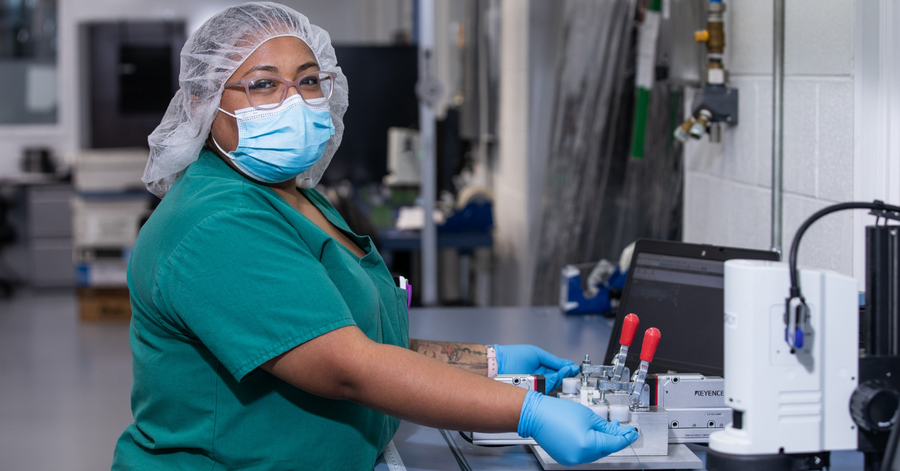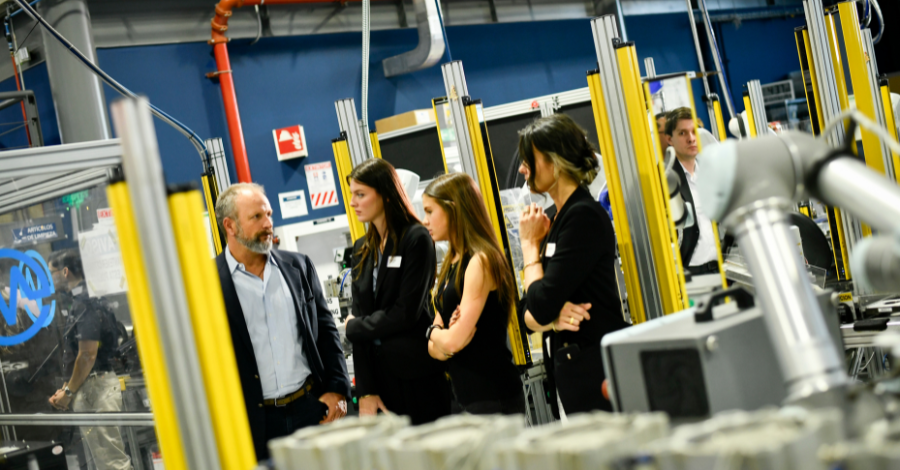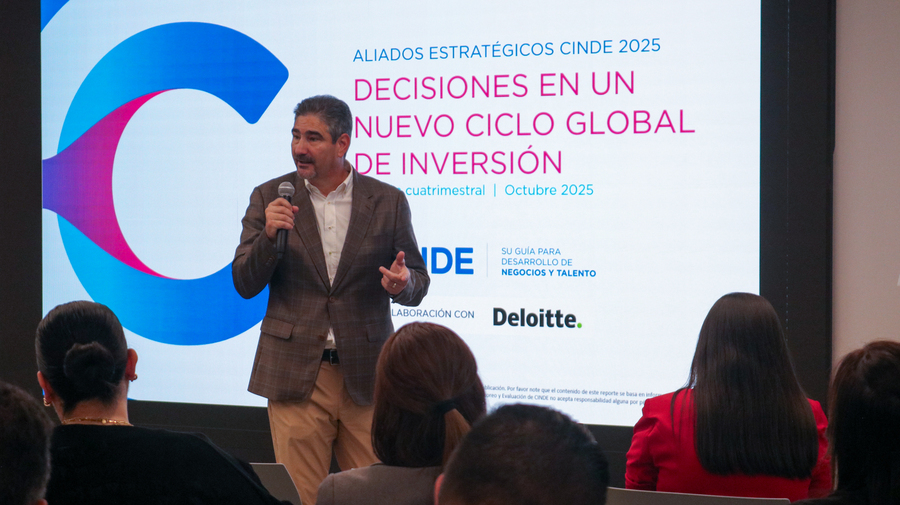NEWS
AAMI Targets Costa Rica Regulatory, Quality Professionals For Education
*Original article from Shawn M. Schmitt @MedtechShawn / shawn.schmitt@informa.com published at https://bit.ly/32Nm2xt
- The international group aims for programs to begin in early 2021
“AAMI is an international organization, and Costa Rica is one of those places that simply is growing so much,” said Brad Schoener, AAMI’s VP of innovation, explaining why the group zeroed in on the Latin American country. “We have quite a number of multinational corporations that are AAMI members that now have product lines in Costa Rica.”
It may surprise some that medical devices are Costa Rica's No. 1 export, and the country is the No. 2 exporter of devices in Latin America.
Everything from high-risk class III devices to low-risk class I's are made in Costa Rica, including medication delivery systems, intravenous pumps, bovine heart valves, and surgical and diagnostic instruments. Baxter was the first international firm to settle in the country, opening its doors in 1988.
Since then more than 60 companies have opened plants there, including industry giants Medtronic, Boston Scientific and Allergan, according to CINDE, the Costa Rican Investment and Trade Development Board.
CINDE – a nonprofit, private entity with no political ties that promotes the country in an effort to attract foreign investment – is working with AAMI to bring its education courses there.
“We certainly have offered courses in Costa Rica in the past,” Schoener told Medtech Insight. “We decided to be a little more persistent with that and reached out to maybe 20 different device companies around San Jose to see if they’d be interested. All of them said ‘Please come down and be present.’ So we’re really encouraged.”
AAMI offers nearly 20 courses in quality and regulatory assurance, human factors, software and cybersecurity, and sterilization. The group is aiming to offer its first class for Costa Rican professionals remotely sometime in the first quarter of 2021; the course subject is still to be determined. (Future courses will be held on-site in Costa Rica, as the coronavirus pandemic allows.)
“AAMI has been teaching courses remotely, well before the pandemic,” Schoener said. “AAMI is very skilled at delivering courses at a distance.”
Interestingly, AAMI’s courses will be taught in English.
“We explored the language issue with the companies, and most of the folks that are in these companies in [regulatory and quality assurance] positions are English-speaking and Spanish-speaking,” Schoener said. “We’ve had some discussions about translating the content of some of our courses into Spanish, but we’re still exploring that option.”
Moving facilities to Costa Rica is a no-brainer for some device firms, especially those based in the US, because it's cheaper to make product and pay wages, and because it's convenient for doing business – the country is roughly only a five-hour flight from most Gulf Coast states and Costa Rica shares the United States' Mountain Time Zone.
“Costa Rica has a number of really great advantages for medical device manufacturers,” Schoener said. “It’s a very stable country. It has a strong education focus. Many of the citizens speak English well, which helps when doing sales with the United States and Canada, two of its biggest exporting partners, and in parts of the European Union.”
